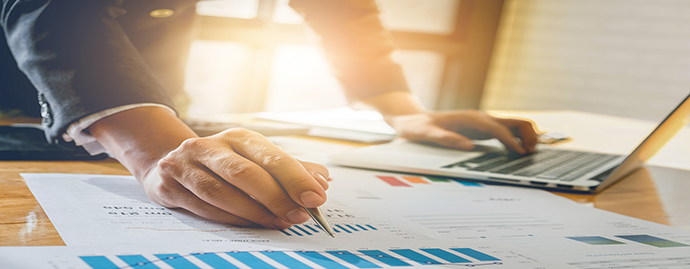| Start Date | End Date | Country | City |
|---|

 +966 920007771
+966 920007771

Objectives
After completion of this course, the participant will :
- Define calibration
- Recognize if an instrument is properly calibrated by examining the instrument input and output
- Explain how calibration affects quality, productivity, and safety
- Identify conditions when calibration is performed such as at an installation, periodic scheduled maintenance, in response to process deviation, and after repair or change in mounting position
- Recognize accuracy and precision
- Identify zero shift, span error, combined zero shift and span error, and non-linearity with a pattern of instrument readings on an input/output graph or calibration data sheet
- Identify the basic elements of a calibration set-up
- Identify the input values for a five point
- Calibration check as a percent of the instrument's range
- Identify zero shift, span error, combined error, and nonlinearit
- Properly adjust pressure instruments to eliminate errors
- Property set up and connect the measurement standards for calibration of temperature instruments
Outlines
Day 1:
Introduction to the Principles of Pressure Measurement System :
- Fundamentals to pressure measurements
- Measurement traceability and calibration of pressure instruments.
- Calibration of precision pressure sensors, indicators, pressure standards
Calibration procedure and measurement setup:
- Traceability
- Primary Calibration Standards
- Secondary Calibration Standards
- Meter calibration
- Uncertainty & report results
- Discussions with participants on their measurement issues
Day 2:
Pressure Calibration Procedure and Measurement Setup :
- Calibration setting up
- Calibration method and procedures
- Data analysis
- Interpretation of calibration report.
Temperature Measurement System :
- Introduction to International Temperature Scale and temperature fixed points
- Fundamentals of measurement uncertainties Resistance thermometry: basic principles
- Basic principles of thermometer
- Different types of thermometers
Day 3:
Temperature Calibration Procedure :
- Errors in thermometry
- Calibration of thermometers
- Calculation of measurement uncertainty
Introduction to the Principles of Flow Measurement System :
- Introduction to fundamentals of fluid flow measurement
- Fundamentals of flow meters
- Types of flow meters & selection
- Mass & volume flow
- Gas flow standard
- Liquid flow standard
- Reynolds number
- Installation Effects
- Affection of viscosity and two phase
Day 4:
Flow Calibration procedure and Measurement Setup:
- Traceability
- Primary Calibration Standards
- Secondary Calibration Standards
- Flow meter calibration
- Uncertainty & report results
- Discussions with participants on their measurement issues
- Demonstration on primary calibration of liquid flow measurement
- Demonstration on primary calibration of gas flow measurement
Day 5:
Dimensional Measurement System & Its Calibration:
- Measuring techniques and standards used for linear, angle and geometrical measurements
- Calibration of micrometer using gauge blocks
- Measurement of flatness using dial test indicator
- Measurement of straightness using autocollimator
- Calibration dimensional meters
Who Should Attend
This course is designed to Engineers, Technicians who are connected with Temperature, Pressure, Flow, & Dimensional measuring related instruments and are responsible for Maintenance, Calibration & Testing of such instruments or Quality Control activities of the organization. The professionals who are involved, in project formulation, selection of instruments or dealing with Application Engineering & hence useful for marketing personnel as well
Duration
5 Days










